Rowville Institute of the Arts
Curriculum
Creativity- RIA’s secret weapon
The process we call creativity may appear as a spontaneous flash of new ideas, but it is really the art of deriving something new from something old, or the relentless reassembly of information we already possess.
One of the privileges of being an assistant principal is the opportunity to walk around the school and visit classrooms. It is exciting to witness the breadth and depth of educational activities that our teachers facilitate and it is extremely satisfying to see students deeply engaged in their work.
The focus for teachers in the RIA program is much broader than assisting students to gain knowledge, skills and understandings. They strive to cultivate students’ creativity through promoting a curiosity in life and in work. Teachers challenge your child to push the boundaries of their thinking and engage in active experimentation with new and diverse mindsets and approaches. Teachers develop curriculum that is deeply cognitive and builds higher order thinking skills. They encourage students to analyse problems from different points of view. Teachers ensure that students work both individually and as part of a team.
Although artists depend centrally on creativity, we work on the philosophy that every sphere of human thought and activity can be creative. There is overwhelming evidence that creativity can be enhanced by certain environments and hampered by others, and that creativity can be taught in all spheres of learning and at all educational levels by
- encouraging the free movement of ideas across and between different fields of knowledge
- fostering traits of self-confidence, curiosity, flexibility and a willingness to take risks
- working together in multidisciplinary teams
- teaching observation, perception and imaginative ways of thinking
(Imagine Australia (2005) The Role of Creativity in the Innovation Economy. A paper prepared by an independent Working Group for the Prime Minister’s Science Engineering and Innovation Council)
Did you know???
- Students in arts rich programmes achieve higher test scores or perform at a higher level in core English/Maths area than those not participating in such programmes.
- It is argued that a general accrual of academic, social, and personal benefits is associated with ongoing participation in comprehensive, sequential and rigorous arts programmes as such students are:
- four times more likely to be recognised for academic achievement
- three times more likely to be elected to a leadership position within their schools
- four times more likely to participate in maths and science competitions
- three times more likely to win an award for school attendance
- four times more likely to win an award for writing an essay or poem
(Heath, S.B, Soep, E. & Roach, A. (1998) ‘Living the Arts through Language + Learning: A Report on
Community-Based Youth Organizations’, Monograph, Double Issue, 2, 7,)
I am proud of the work that has been done by teachers to embed creativity into every RIA subject. I believe that their passion for what they do combined with a determination to continuously improve makes a difference to the educational outcomes of your children.
Julie Kennedy
2022 Curriculum Overview
Year 7
English – 9 periods
Maths – 9 periods
Science – 6 periods
Humanities – 6 periods
LOTE (Italian) – 5 periods
PE & Health/Digital Technologies – 4 periods (one semester each)
Connect Ed – 2 periods
Broad Arts – 10 periods
Specialism – 9 periods
TOTAL – 60 Periods
Year 8
English – 9 periods
Maths – 9 periods
Science – 6 periods
Humanities – 6 periods
LOTE (Italian) – 5 periods
PE/Health – 4 periods
Connect Ed – 2 periods
Broad Arts – 10 periods
Specialism – 9 periods
TOTAL – 60 Periods
Year 9
English – 9 periods
Maths – 9 periods
Science – 6 periods
Humanities – 5 periods
LOTE (Italian) – 5 periods
PE/Health – 4 periods
Connect Ed – 2 periods
Broad Arts elective – 6 periods (6 periods per elective, 2 semester-based electives).
Specialism – 14 periods
TOTAL – 60 Periods
Year 10
English – 10 periods
Maths – 10 periods (Must select from Foundation, General Maths or Math Methods).
Connect Ed – 2 periods
Electives – 18 periods (9 periods per elective, 2 semester-based electives per year)*
* Choose from Humanities, Science, Design & Technologies, and LOTE.
Broad Arts electives – 6 periods (6 periods per elective, 2 semester-based electives per year).
Specialism – 14 periods
TOTAL – 60 Periods
Year 11
English – 9 periods (Must select from English, English Language, Literature or EAL).
Connect Ed – 2 periods
Electives – 36 periods
Specialism – 10 periods
Study – 3 periods
TOTAL – 60 Periods
Year 12
English – 9 periods
Connect Ed – 2 periods
Electives – 36 periods
Specialism – 10 periods
Study – 3 periods
TOTAL – 60 Periods


